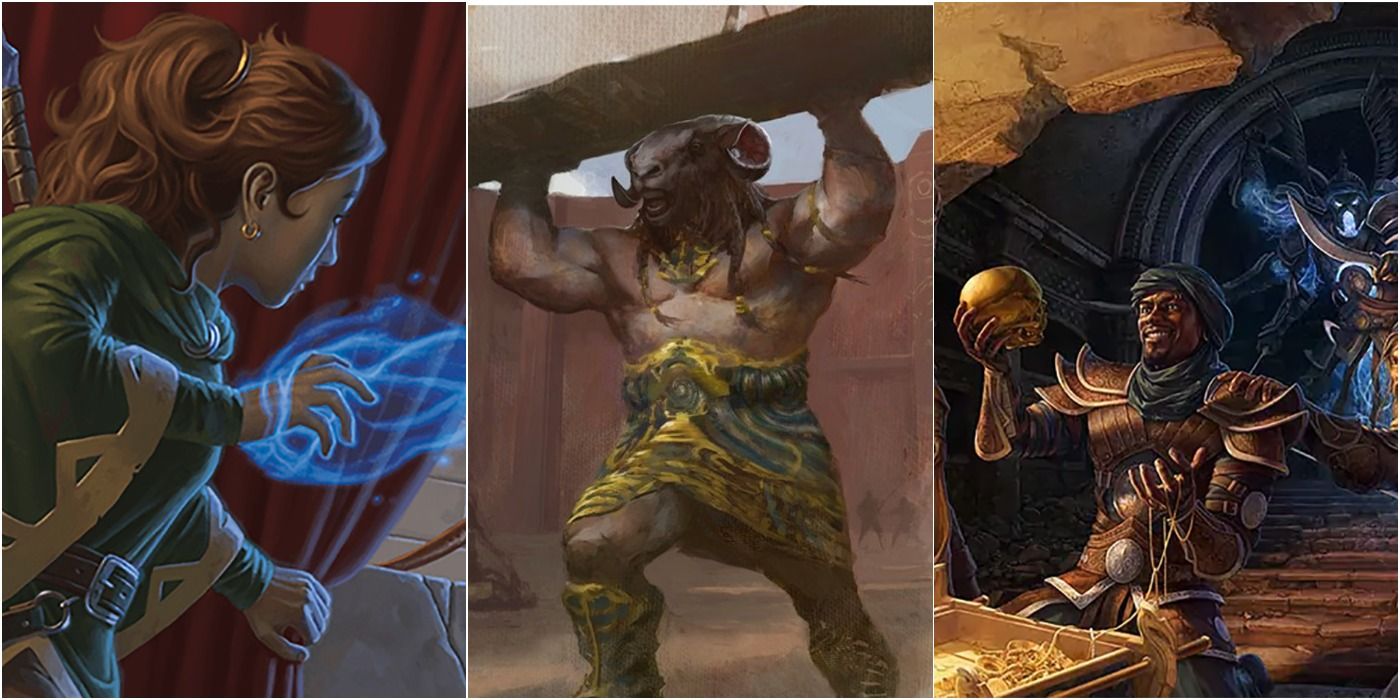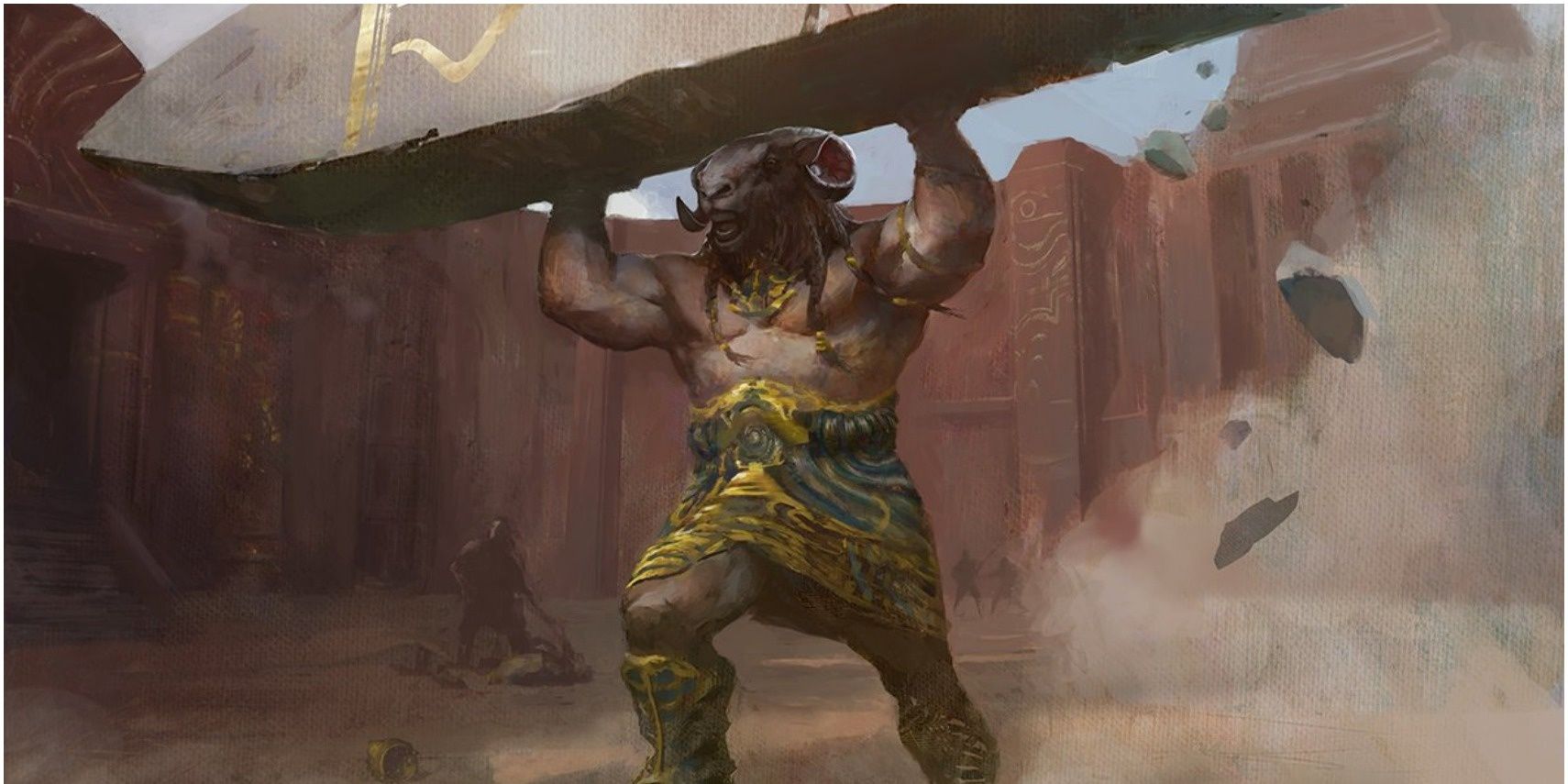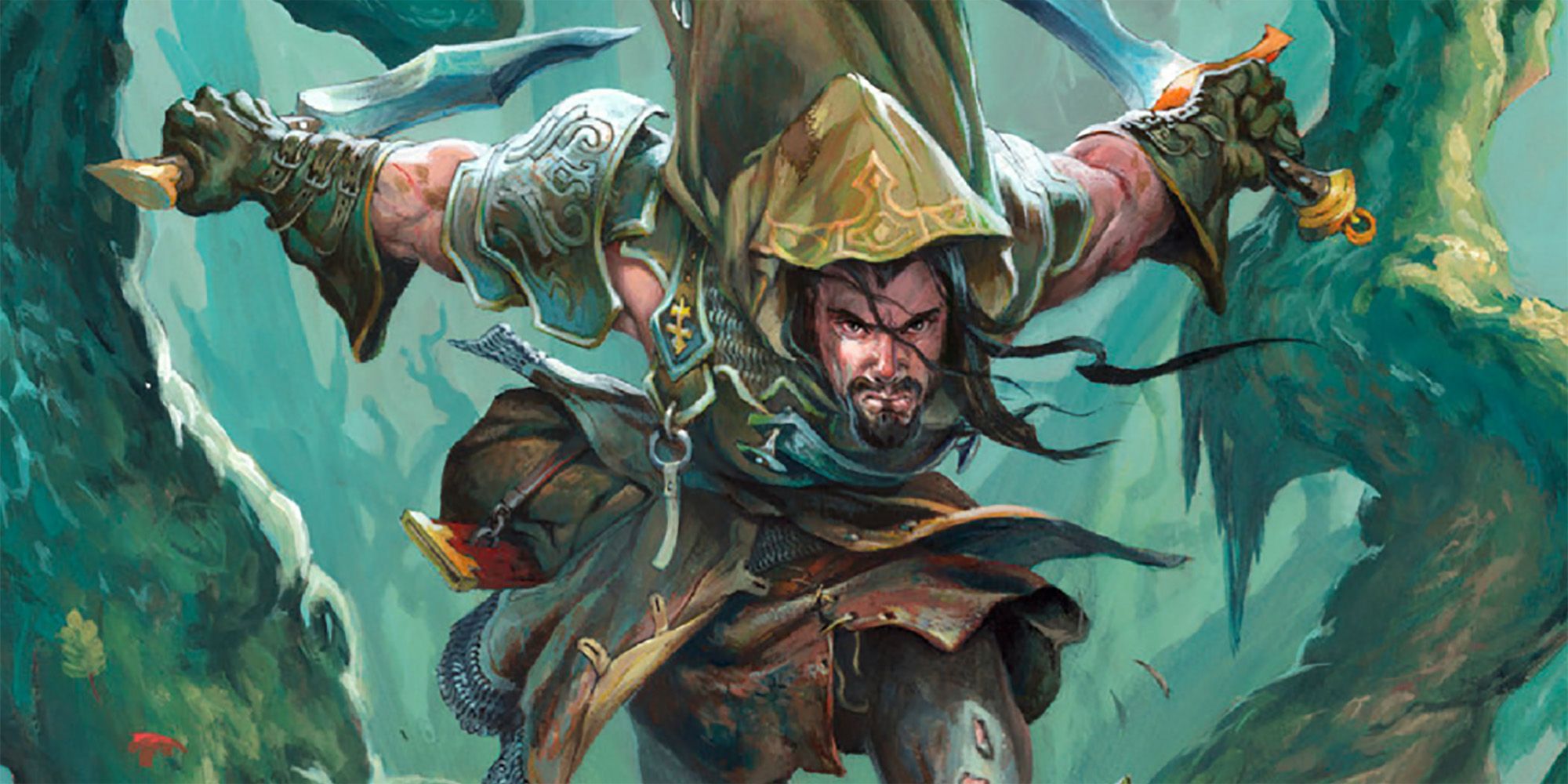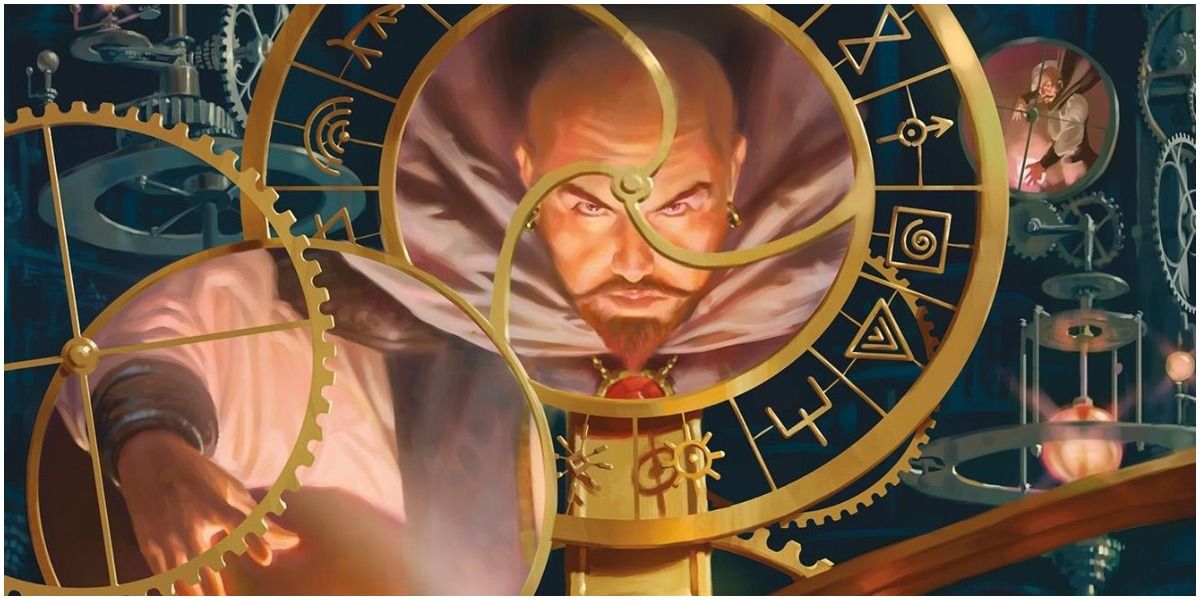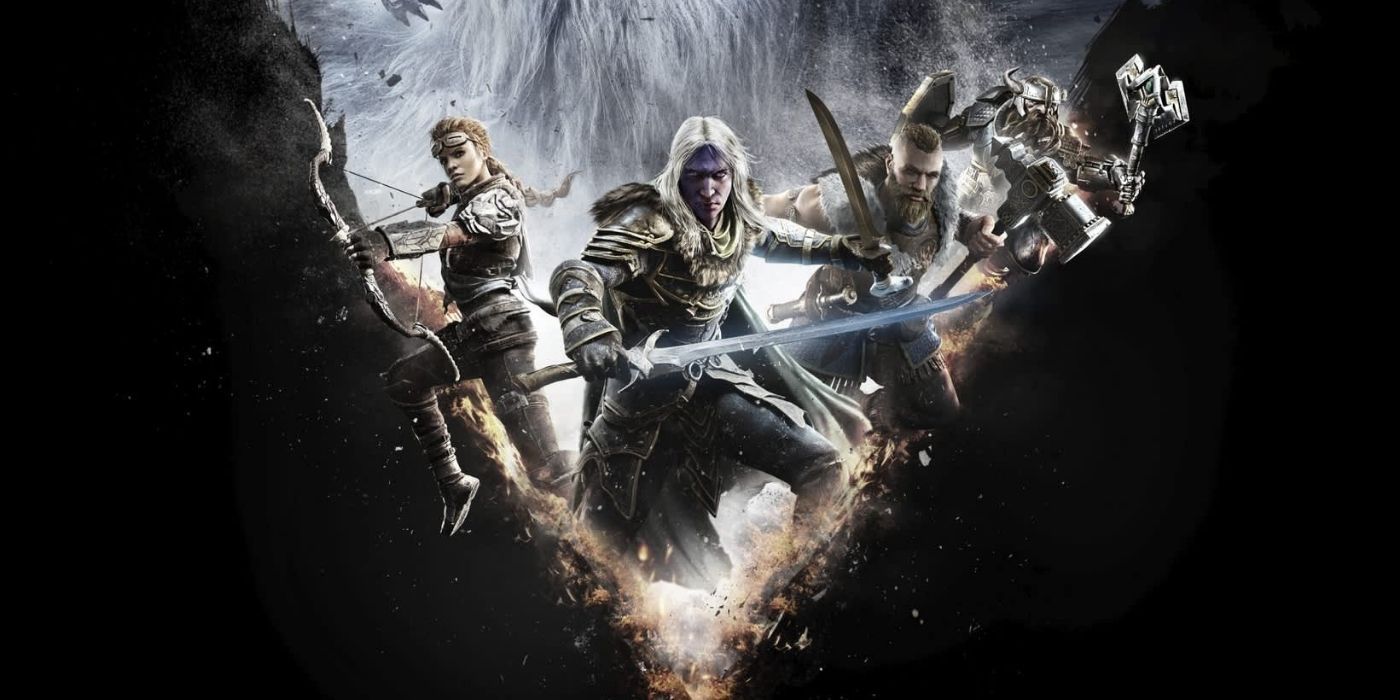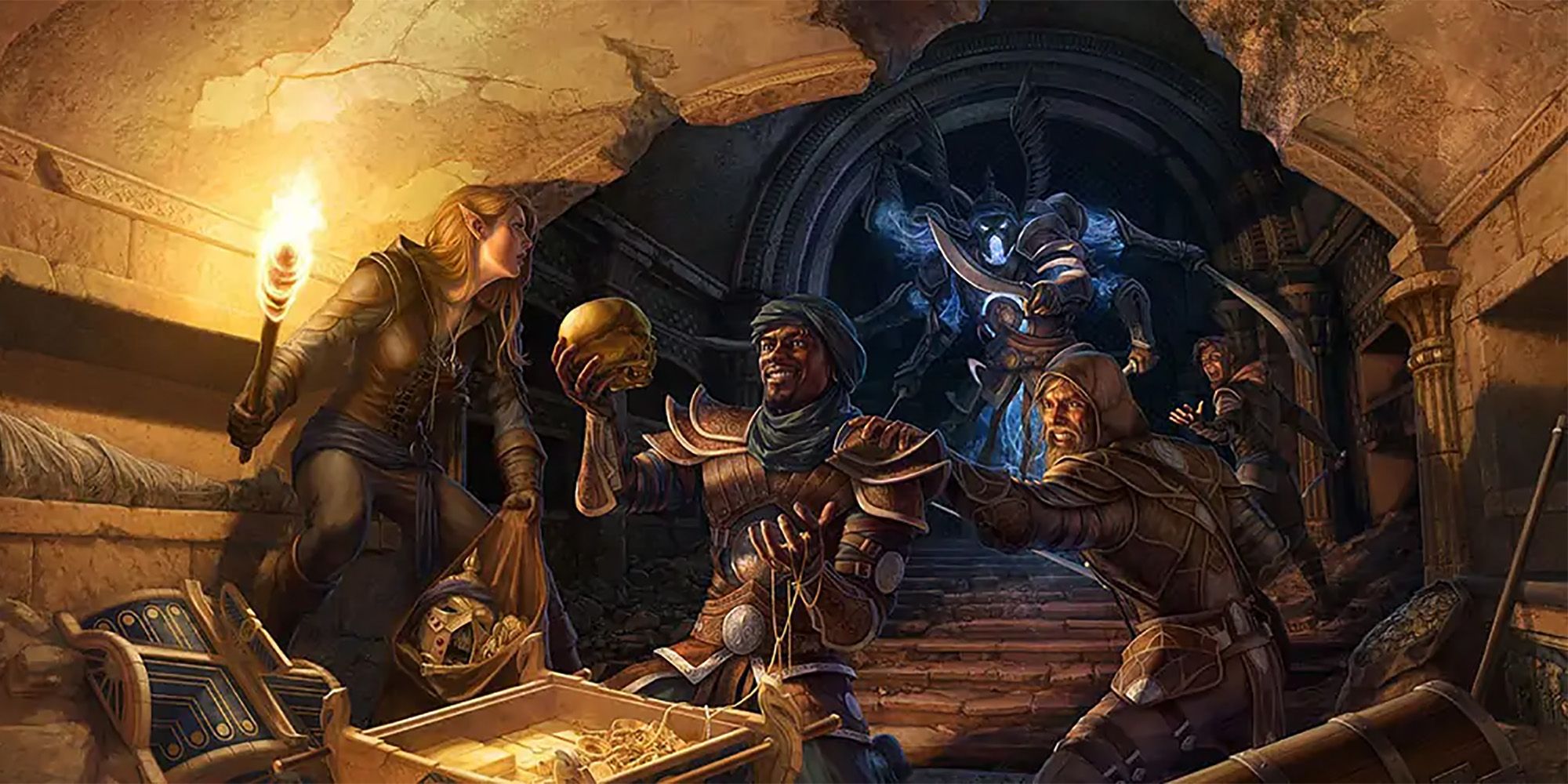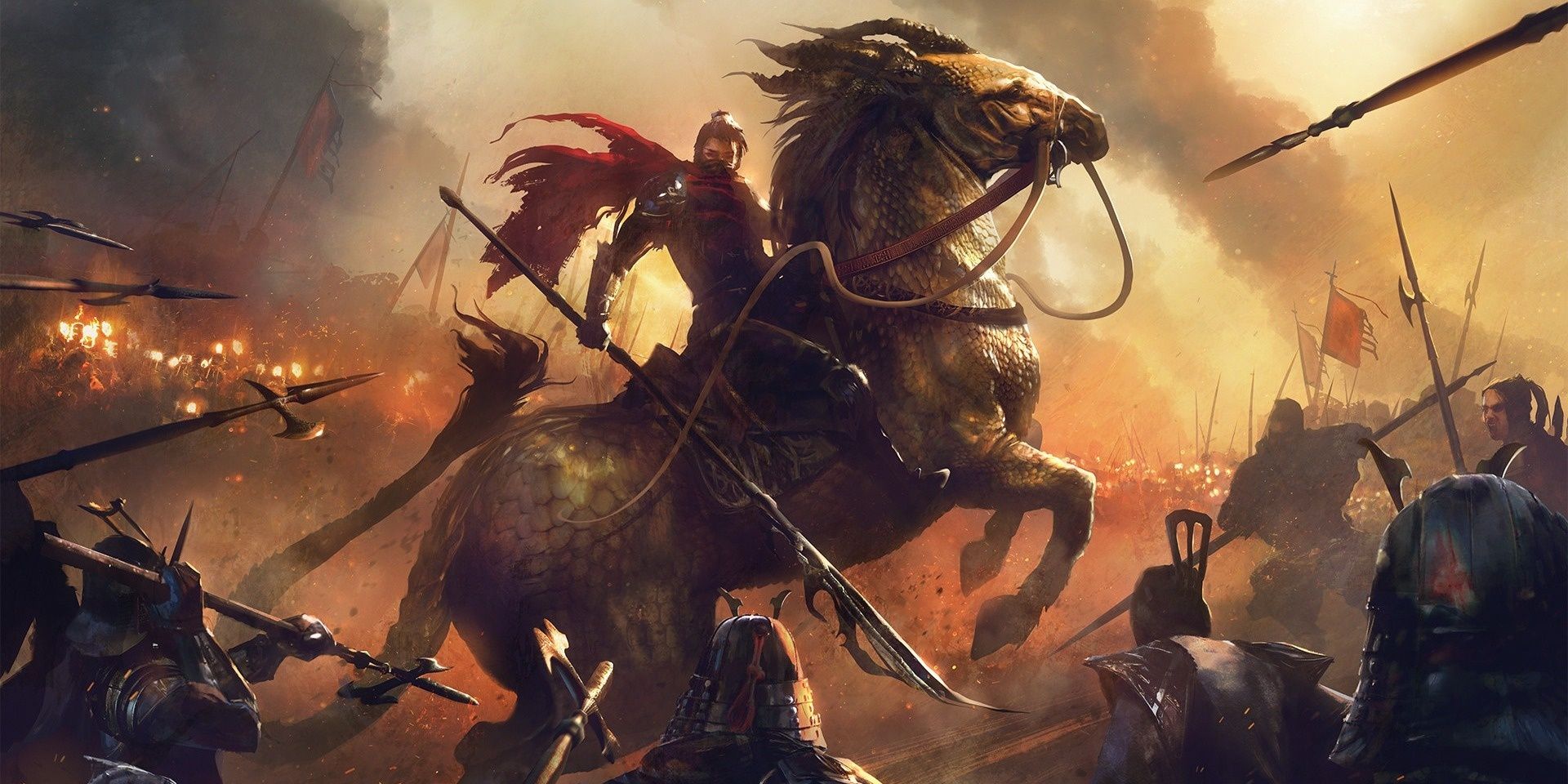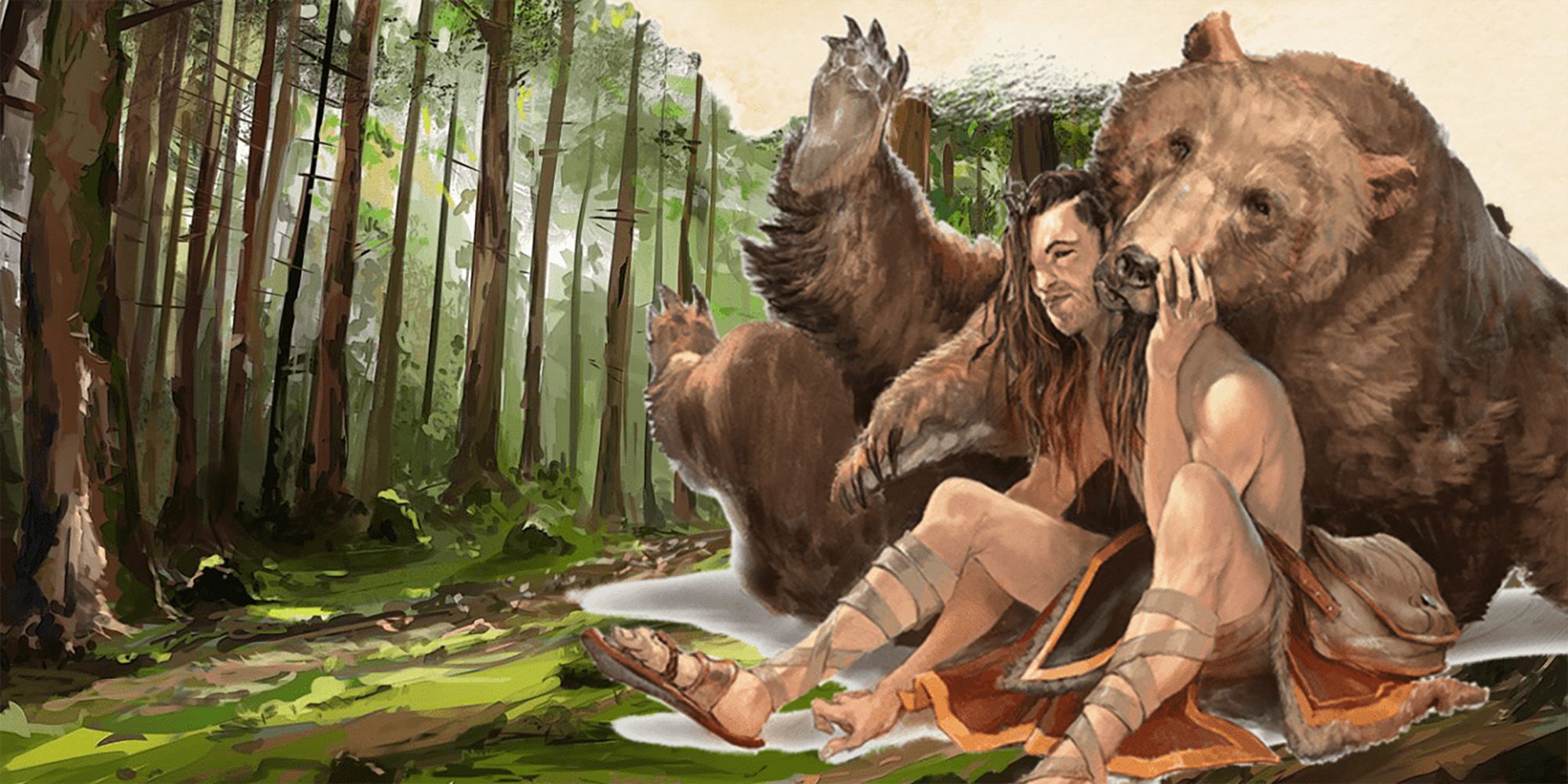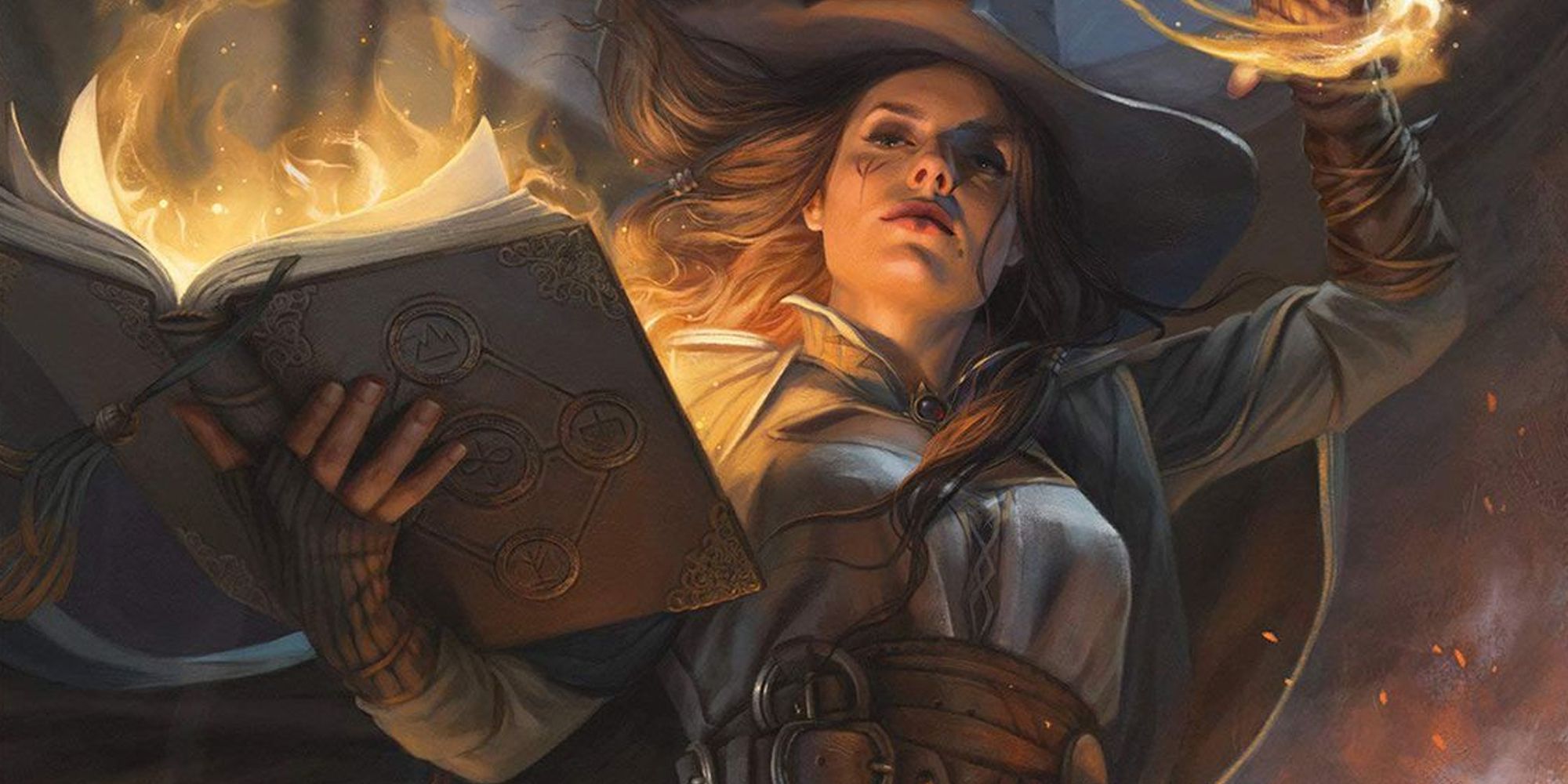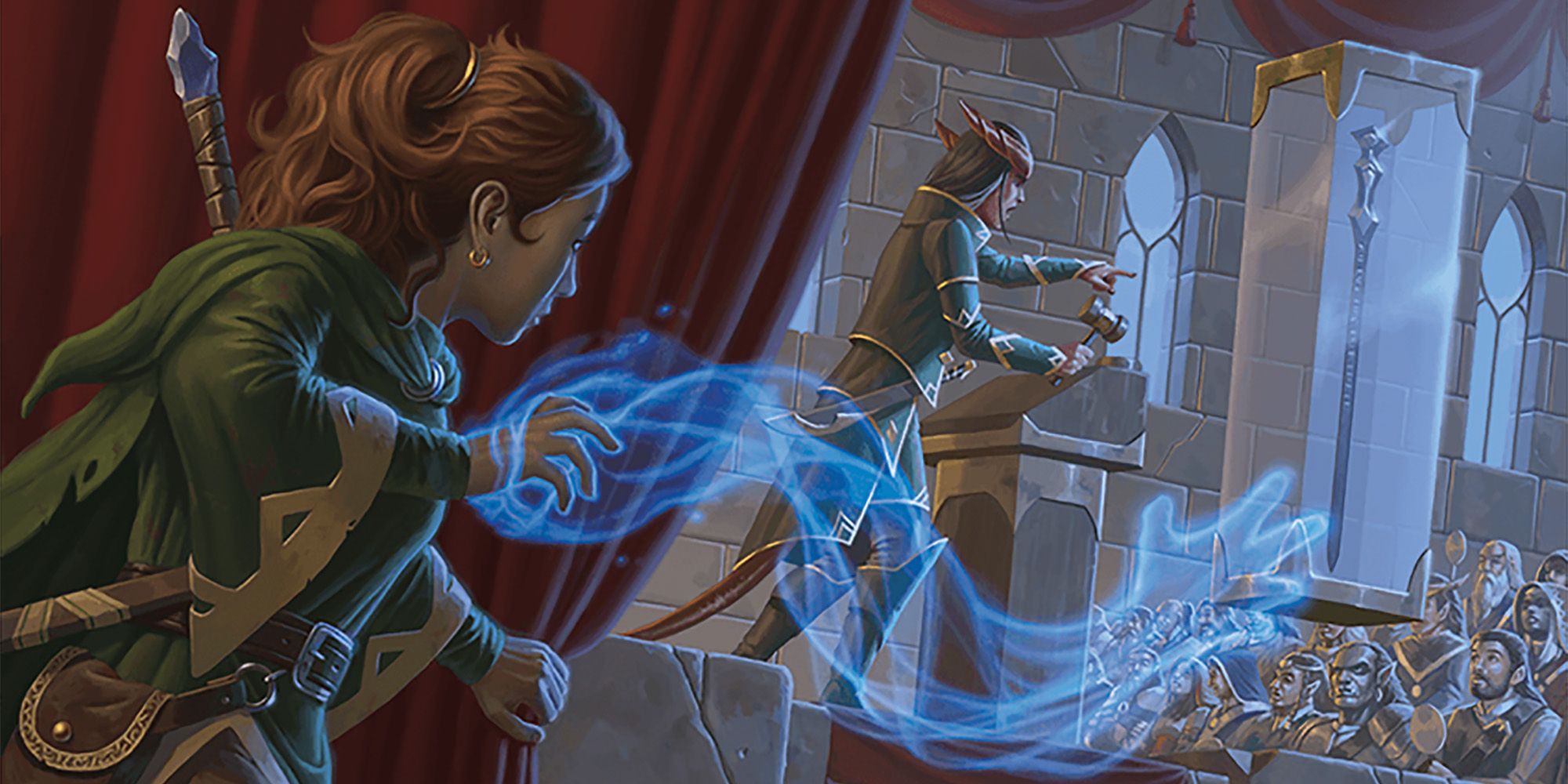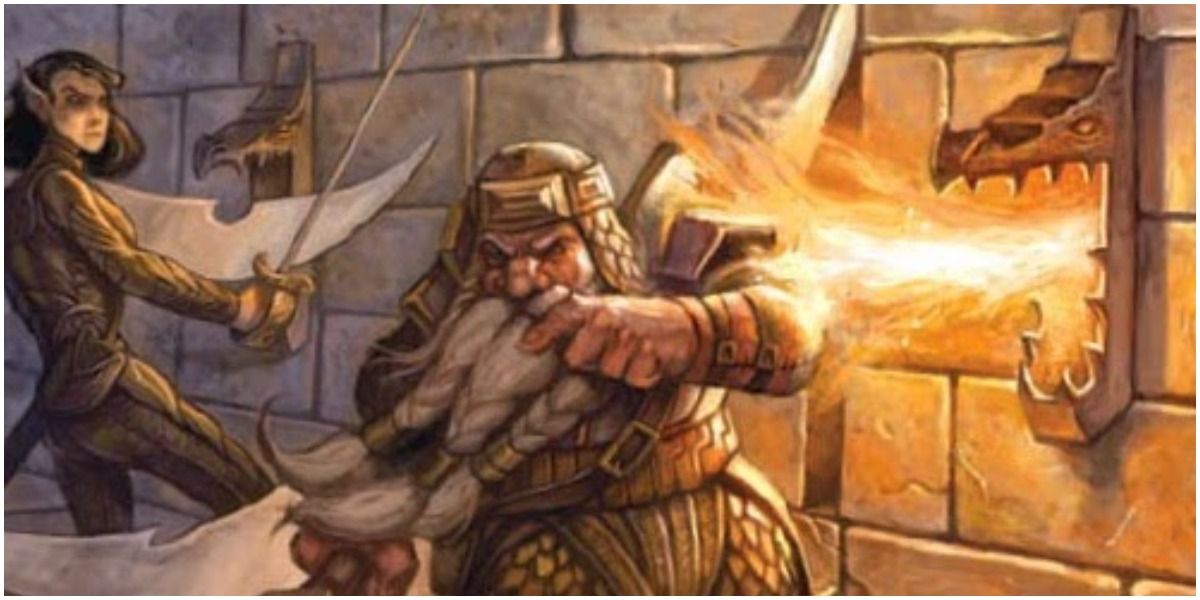There can be no Dungeons and Dragons game without the players. Creating a character and experiencing their story throughout a campaign is as much a rewarding experience as it is the core of what D&D is all about.
As the largest contingent of the D&D group, it is important that players work with each other and the Dungeon Master to ensure the game goes smoothly. There are a handful of pitfalls they should do their best to avoid and keep the game fun.
10 Expect The Dungeon Master To Do All The Work
The Dungeon Master of any D&D group will typically have a lot on their plate. They not only guide the story, but must create NPCs, prepare encounters, and design maps or other resources for each session. It is up to players to share the burden wherever possible. Helping plan and organize the next sessions can give the Dungeon Master time to focus on other important things, and looking up rules or mechanics during the game can help free up time as well.
9 Play With A "Me First" Attitude
Dungeons and Dragons is meant to be played cooperatively, and that means that players should always be considering their companions as they move through the story. Patience can be an important part of D&D, especially for large groups. Knowing when to give another player the stage can make a big difference in creating a smooth game. Taking the time to think about future moves and decisions can also ensure a good flow.
8 Think That The Dungeon Master Knows All The Rules
The Dungeon Master's Guide alone is literally hundreds of pages of 5th Edition D&D rules and mechanics, and there is plenty of supplemental material as well. It would be nearly impossible for anyone to memorize every part of the game.
While the Dungeon Master is expected to act as an arbiter when it comes to the rules, players should not expect them to know them all by heart. Looking up rules can happen during the game, but sometimes decisions must be made on the fly. Players should do their best to accept the rulings of their Dungeon Master in those situations, waiting till an appropriate time to bring up any grievances.
7 Forget That The Goal Is To Tell A Cooperative Story
When creating a character, some players will immediately get swept up into thinking of classically elaborate D&D backstories full of tragedy, mystery, and plot hooks. It is vital to remember, however, that each and every member of the group is doing the same.
The goal of D&D isn't necessarily to tell each player character's story individually but rather to create a story as a whole that incorporates elements from each member of the group. That, combined with the overarching narrative of the Dungeon Master, is what creates the epic tales in Dungeons and Dragons that keep players coming back for more.
6 Be Greedy With The Loot
Much like with the dwarves in Lord of the Rings, greed can be the downfall of any Dungeons and Dragons group. While a character may have a selfish streak, things become problematic when players put loot before their party.
Players should always try to be considerate of their fellow group members when it comes time to split the rewards of the adventure. Regardless of what personality traits a character might possess, being fair when it comes to splitting items or other treasures is an important part of keeping the group happy.
5 Try To Take All Of The Spotlight
One of the worst things that can happen to a group is one of the players trying to monopolize all the attention. This can very quickly lead to a toxic group environment. While some players may be naturally more outgoing than others, it is always a good rule of thumb to think of others first. If everyone in the group goes into a game with the intention of helping their friends get cool and fun moments in the game, then that will eventually come back on them and ensure that everyone gets their opportunities in the best way possible.
4 Come Completely Unprepared To The Session
Considering how much work the Dungeon Master puts into preparing a session, there is a certain expectation among D&D players that everyone else should come prepared as well. It can also cause frustration for the group as a whole if one person is always holding up the process due to a lack of preparation. Players should always approach each session with the intention of being ready to play as soon as the session begins. It can go a long way towards keeping a smooth flow in a game that is often multiple hours long.
3 Rely On The Dungeon Master To Know The Character's Abilities
Players should also be very familiar with their character sheet and all of their stats, abilities, and spells. This may be a lot to remember, but players shouldn't be relying on others – especially the Dungeon Master – to know their character for them.
Some exceptions should be made for players new to the game joining an experienced group. Even in these circumstances, players would do well to spend some extra time learning their character. This not only improves the flow of the game but also helps when thinking of potential solutions to problems the group may encounter.
2 Mess With Other Player's Characters Without Their Consent
It is not uncommon for a D&D group to feature one or more characters with a mischievous streak. These characters can often provide some of the most hilarious moments in the game, and their antics can be a delight for the entire group.
Issues may arise if these characters decide to turn those antics on their own group. While most groups can tolerate and enjoy some good-natured fun, it is also possible to cross a line if the players aren't being considerate of the others at the table. If one character intends to play a prank on someone else in the group, it is always good to ensure that player is okay with what is about to happen in order to prevent any hard feelings.
1 Take Out Their Frustration On The Dungeon Master
Sometimes, despite Dungeons and Dragons being a cooperative game, there can be moments when the Dungeon Master feels like an antagonist to the players. In times like these, it is important to remember that the Dungeon Master is a player too and is doing their best to make the game fun for everyone.
If tensions are starting to rise during D&D, players should do their best not to take their feelings out on the rest of the group. If a player has a problem with a decision the Dungeon Master has made, it is often a good idea to discuss the situation with them privately afterward, rather than starting an argument at the table. It is always good to be considerate of everyone else in the game, especially when things start to get tense.

